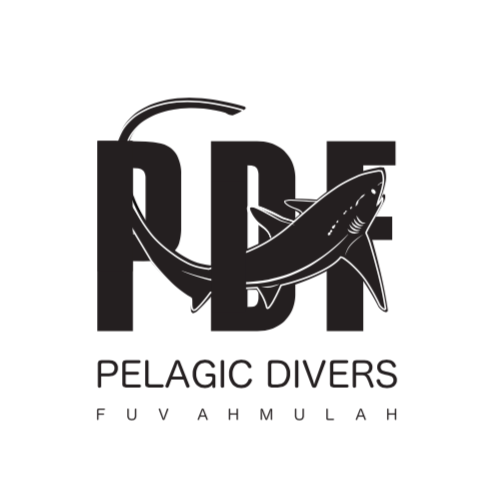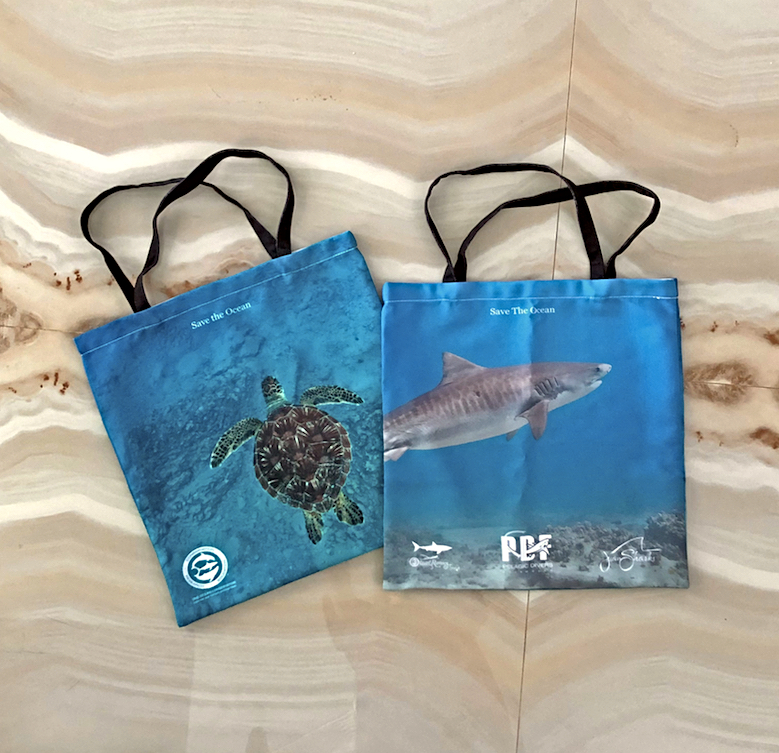Fuvahmulah Plastic Pollution
The other plastic pollution issue we are facing is the use of plastic straws in Fuvahmulah. As we aim to make Fuvahmulah a plastic straw free island, we thank @coolbananmv for being the first restaurant to eliminate the use of plastic straws.
Another serious plastic pollution that needs addressing is the incessant use of plastic shopping bags. These plastics take nearly 1000 years to break down. Unfortunately, these do not completely degrade but break down into micro plastics. Micro plastics continue to pollute the environment as marine fish are dying from ingesting them. As this form of plastic pollution moves up the food chain, the toxicity increases, and eventually ends up on our plates. Micro plastics are now traceable in our blood stream as proven in a recent scientific research.
Through our non-profit organization, @naturefriendsofmaldives and partnerships, we aim to educate and normalize the use of reusable shopping bags. They are also available for sale at our Fuvahmulah dive centre. Proceeds from the sale of these reusable shopping bags will go towards our home water filter project.
Frequently Asked Questions
- Does Maldives have a big plastic pollution problem?
Yes, the Maldives have a big plastic pollution problem as the country uses a lot of single-use plastic water bottles and plastic bags. At the moment there are no feasible and affordable methods to recycle plastic wastes although there are efforts by organizations to collect and send plastic wastes to Male and abroad for recycling.
- What is being done to reduce the plastic pollution problem in Maldives?
To reduce the plastic pollution problem in Maldives, the local government has banned the production and sale of single-use plastics since June 2022. The government is aiming to phase out single-use plastics by 2023.
- How can I do my part in the plastic pollution problem in Maldives?
Visitors can play a part in the plastic pollution problem in Maldives by avoiding bringing in plastic when travelling to the Maldives or properly disposing of any plastic waste if brought into the country and using a reusable water bottle.

